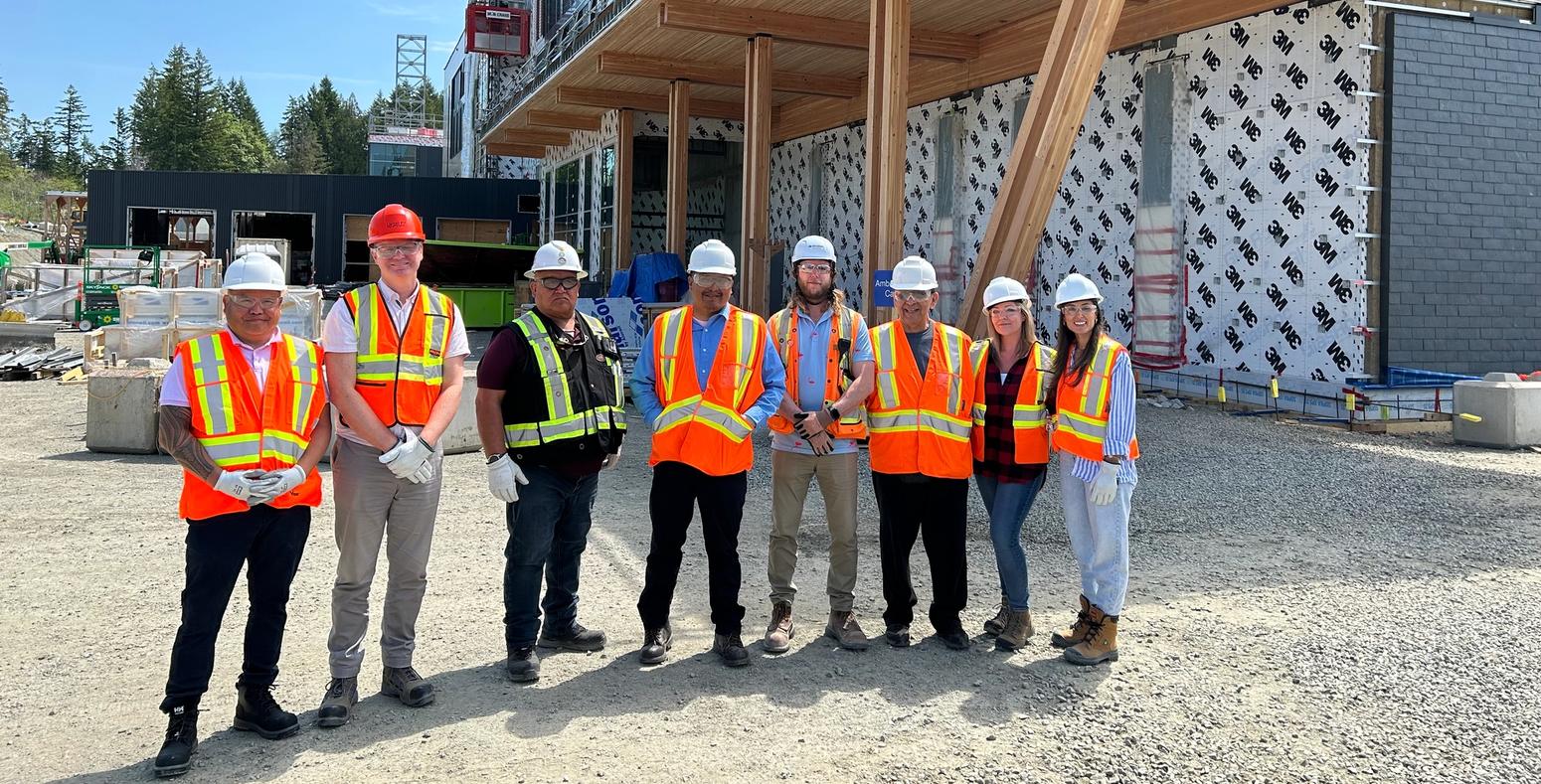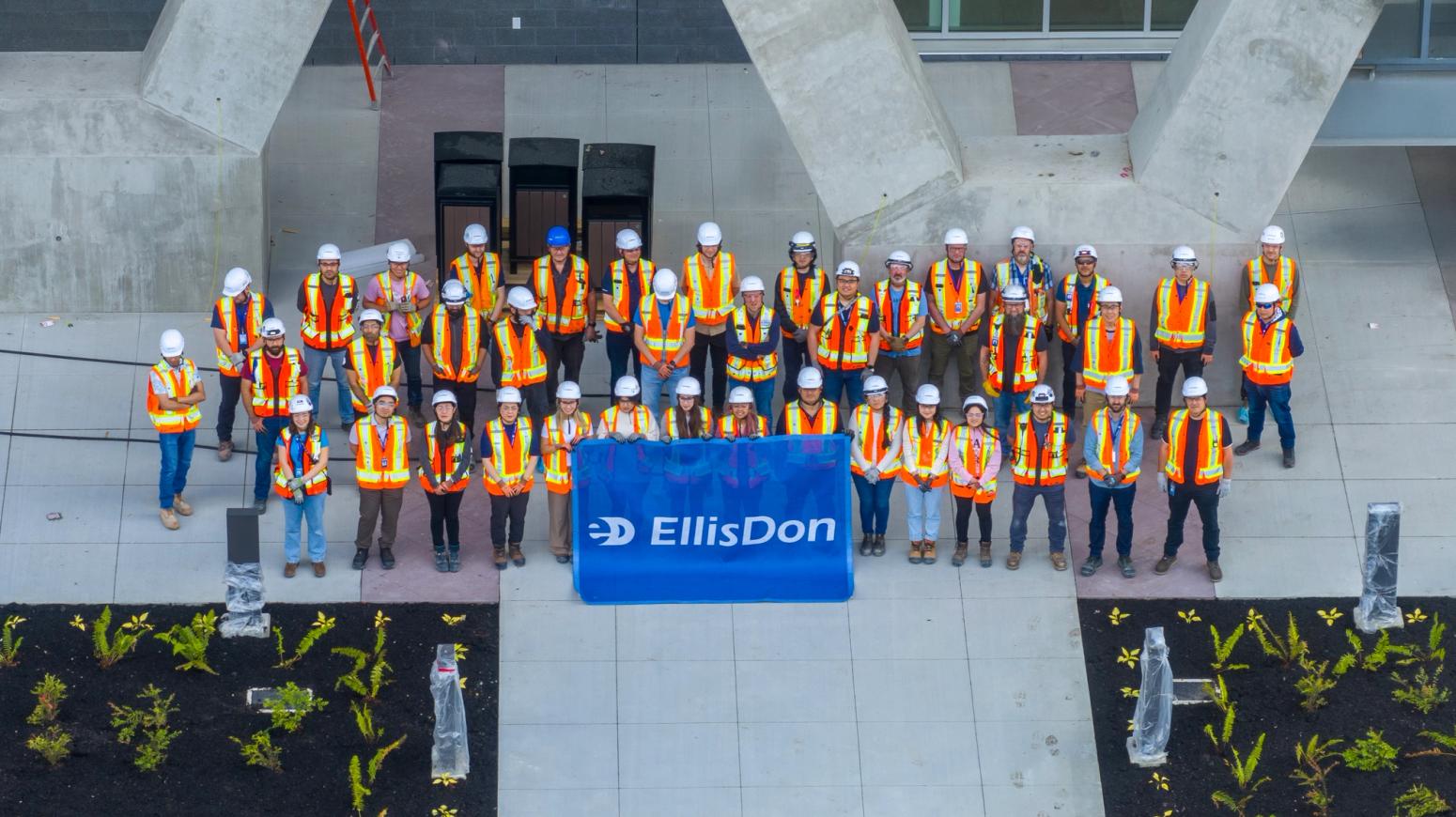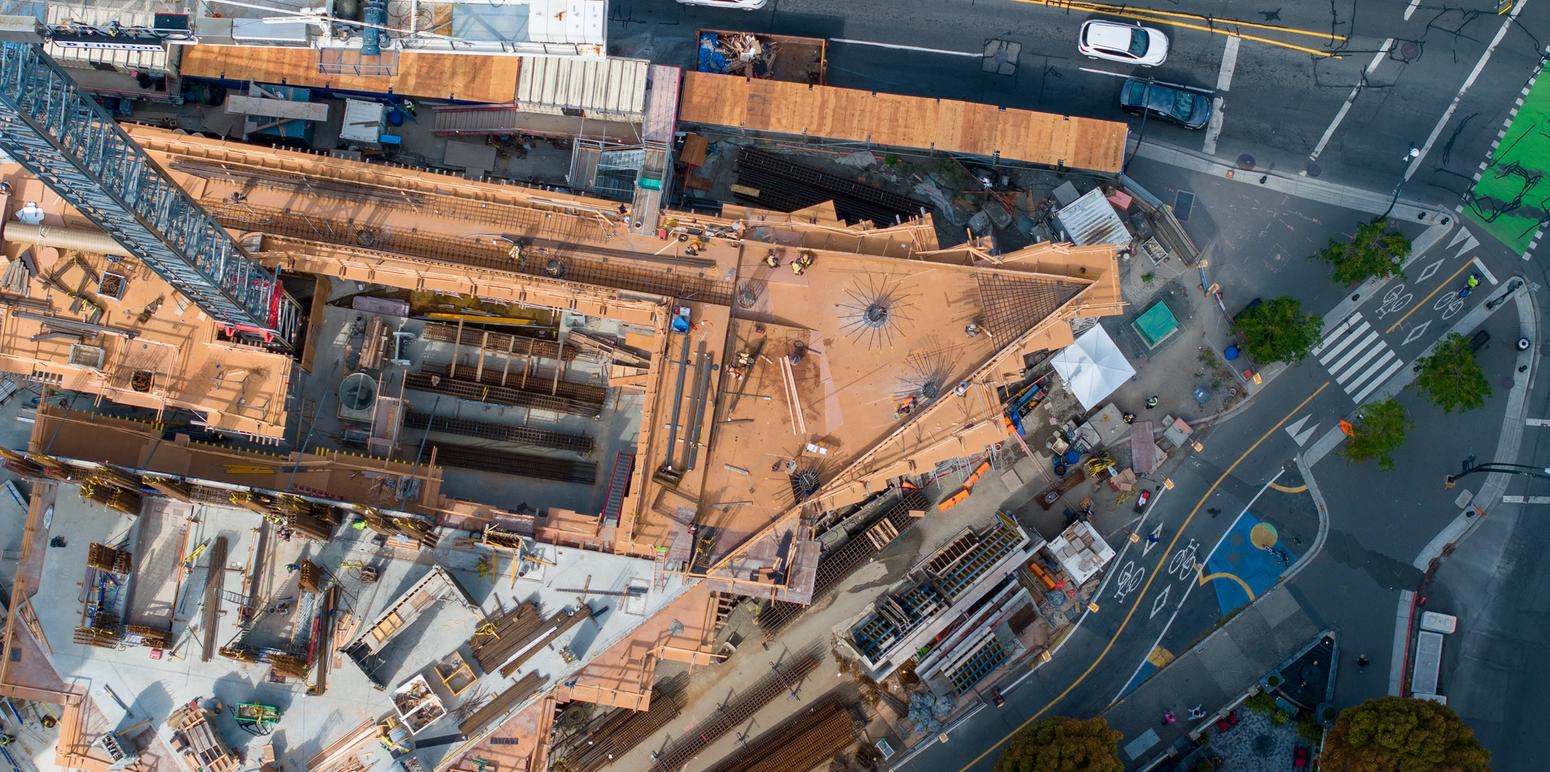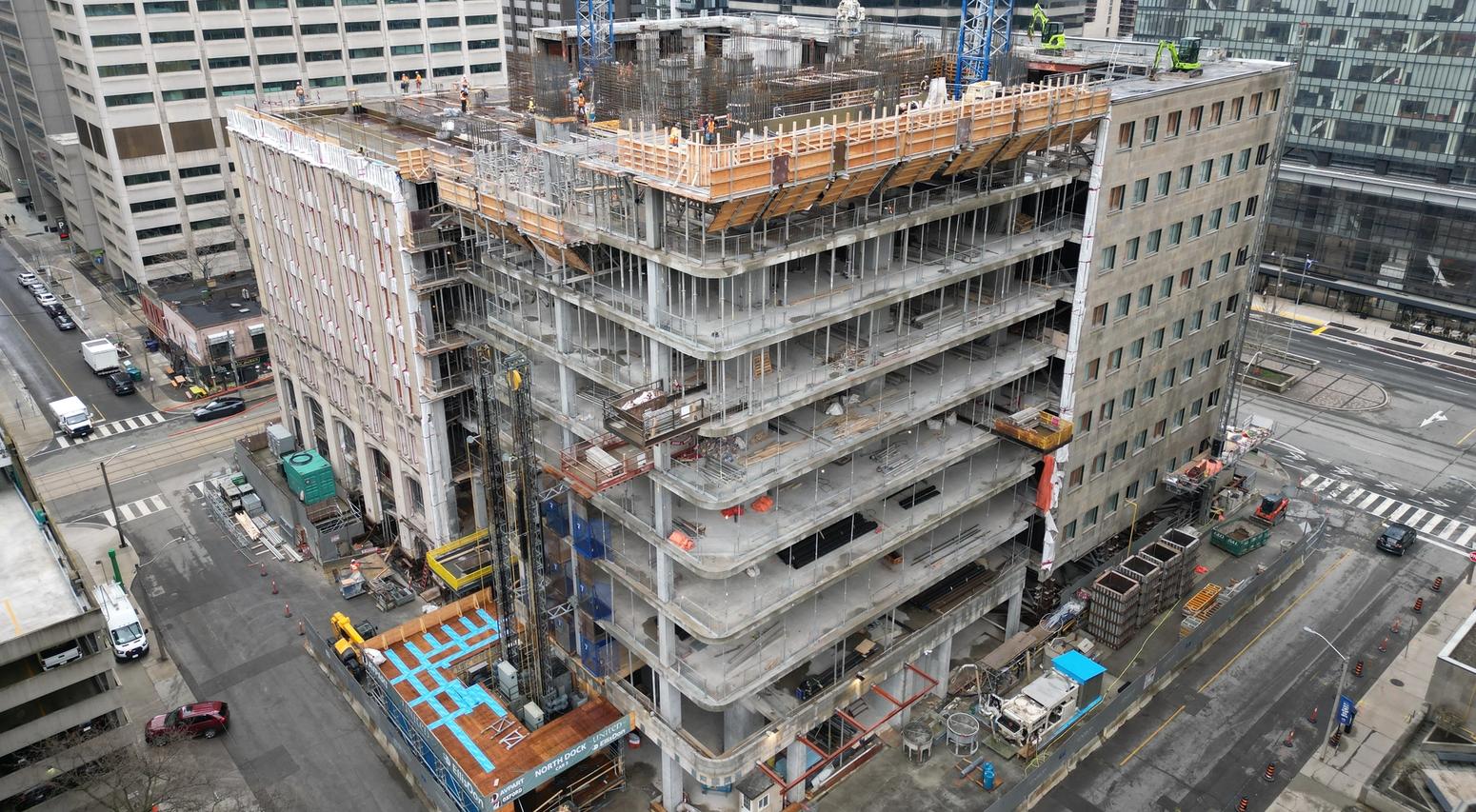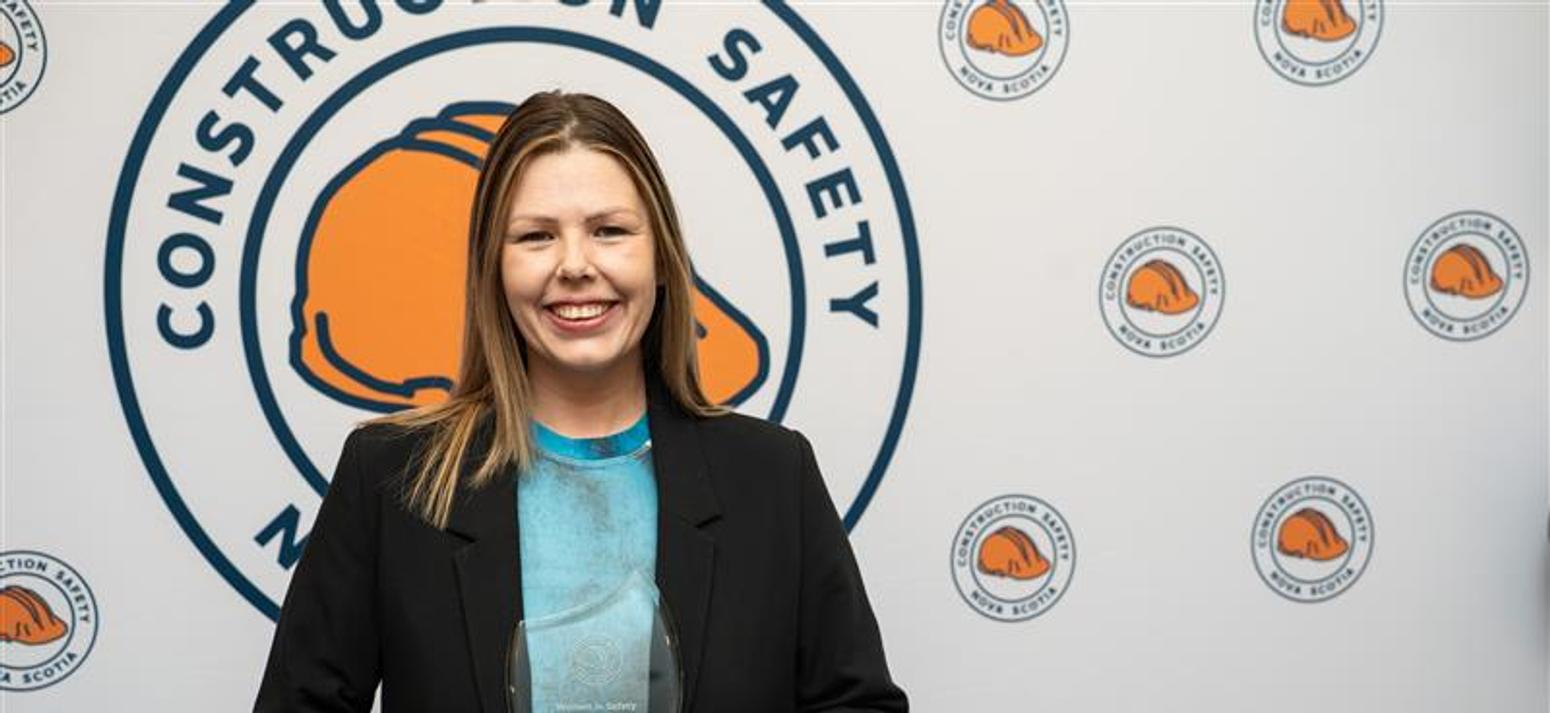News
A New Model for Inclusive Healthcare: Honouring Indigenous Voices at the new Cowichan District Hospital
From design and construction to soon-to-be operation, the Cowichan District Hospital Replacement Project has actively incorporated Indigenous knowledge at every stage. Including input from local Nation representation within the Indigenous Advisory Council (IAC) the project incorporates traditional healing spaces, Indigenous art and language, and culturally safe care practices. This hospital is more than a building - it is a symbol of respect, healing, and partnership, advancing more inclusive healthcare environments in Canada.
“Collaborating with Indigenous Peoples was identified as a critical step in the design, construction, and operationalization of the new Cowichan District Hospital in order to address anti-Indigenous specific racism and to make the hospital culturally safe,” said Shana Roberts, Socio-Economic Lead, EllisDon. “We’re creating a facility here that is purpose-built to be ‘the most welcoming place of healing and hope’ for all who will be utilizing the services the hospital will provide.”
The new hospital is being built on the unceded traditional territory of the Cowichan Tribes and the Quw'utsun people. Through the Nutsʹaʹmaat Alliance and intentional collaboration with IAC, every phase of the project ensures culturally safe health care is incorporated and reflected into the hospital’s physical design.
Guided by the insights of Indigenous Peoples, the design includes:
- Opportunities for cultural protocols.
- Larger rooms to support extended family presence.
- Birthing tub and design as part of the labour and delivery care unit.
- Indigenous gathering space to support ceremonial or cultural protocols.
- Incorporation of Hulʹqʹumiʹnum language translation into wayfinding and art.
- Elements pertaining to cultural practices and protocols observed following the death of a family member
- The inclusion of OCAP® Principles into contract development.
The Nuts'a'maat Alliance will continue to work with the Indigenous communities as we move forward into operationalization including, procedure development around cultural space utilization, health services navigation, and inclusion of cultural protocols.
Our work on this hospital stands as a testament to EllisDon’s unwavering commitment to honouring and addressing the unique needs of Indigenous Peoples. Notably, 12% of the tradespeople involved in the project are Indigenous, which is twice the B.C. average for Indigenous people on the tools (6%).
We’d like to extend our heartfelt gratitude to the Indigenous Communities within the catchment area for their collaboration, their generosity in sharing cultural knowledge and practices, and their trust in guiding us to create a hospital that respects and embodies their values, traditions, and needs.
